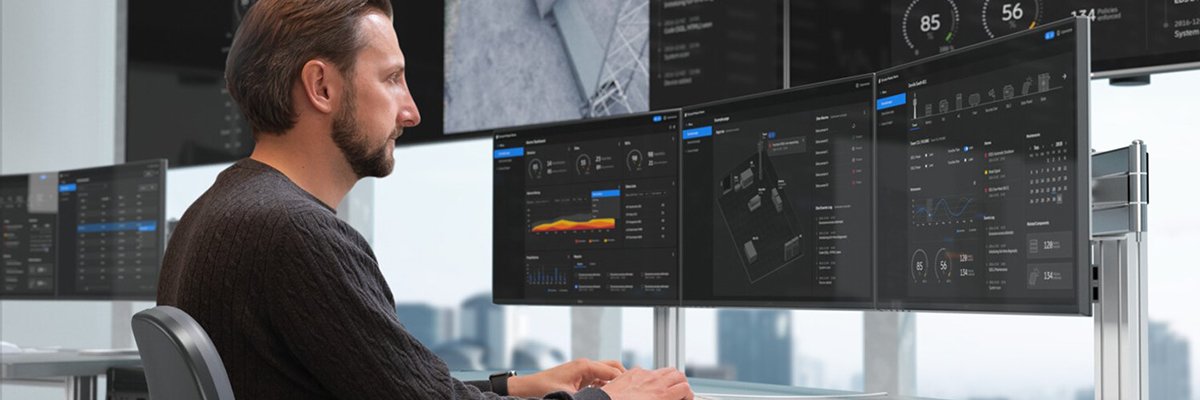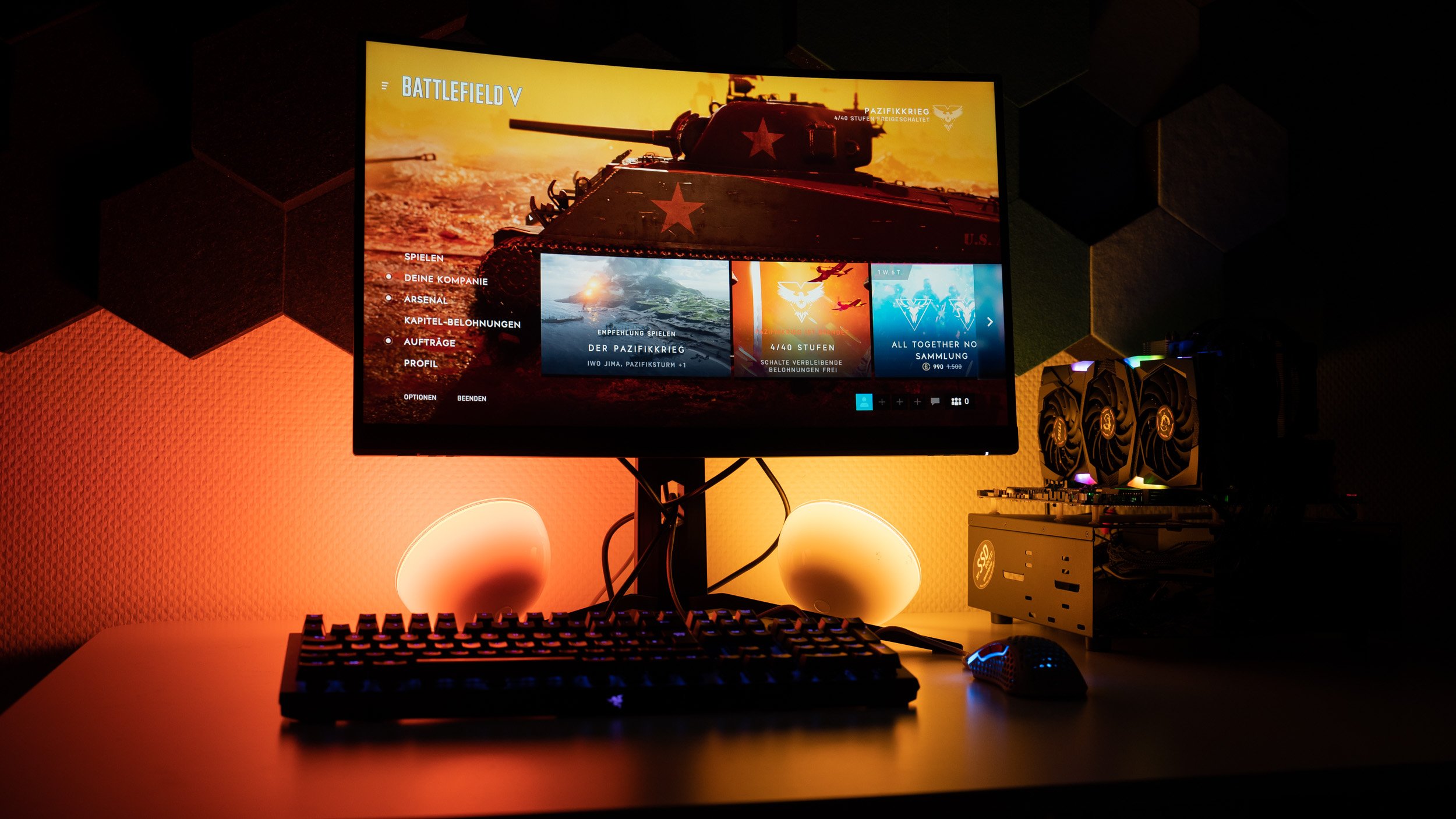In what it describes as a “significant industry milestone”, Ericsson has revealed that it has passed the century mark for its orchestrator technology in the third quarter of 2020, securing 139 commercial orchestration deals with more than 100 global communications service providers.
The Ericsson Orchestrator is designed to enable automation of hybrid infrastructure, including PNFs and VNFs, in a multi-supplier environment. It supports resource orchestration, VNF lifecycle management and end-to-end service orchestration for both telecom and enterprise environments.
Ericsson said the key benefits of its orchestration offering include providing the capabilities that service providers need to operate their networks efficiently, increase agility, build new services quickly and future-proof their networks to stay ahead in the race to obtain 5G market share.
Orchestration is also a vital component for 5G network slicing, which is predicted to be a key revenue enabler in the 5G arena. A recent study from Juniper Research calculated that the growth of 5G networks will be robust over the next five years, with 5G revenue set to represent 44% of global operator billed revenue at the end of the study period because of rapid migration of 4G mobile subscribers to 5G networks and new business use cases enabled by 5G technology.
This would mean operator billed revenue from 5G connections is projected to reach $357bn by 2025, rising from $5bn in 2020, its first full year of commercial service.
Ericsson claims that with its orchestration solution, customers can expect to reduce time to market for new service development by up to 70%, reduce operational costs by up to 30%, and enable new enterprise service revenues.
“Our smart orchestration solutions transform our customers’ operations to cut time to market, automate order fulfilment and improve operations,” said Peo Lehto, head of Ericsson Solution Area OSS. “This is made possible with efficient lifecycle management and closed-loop assurance built with artificial intelligence and machine learning.”
Ericsson claims it is sealing wins in what it says is current industry momentum in the areas of network virtualisation, automation and orchestration as next-generation infrastructures build out. Its publicly announced orchestration contracts include deals with Verizon, TIM, NTT DoCoMo, Telefónica and Swisscom.
Three-fifths of Ericsson Orchestrator customers are said to have selected the system for management and orchestration of NFV infrastructure and virtual network (NFVi) functions.
The company also noted that the number of service providers orchestrating advanced enterprise services is increasing, that many enterprise services are multi-supplier, and service providers expect to be able to orchestrate multicloud services in the future. It said the current top three enterprise services are: SD-WAN orchestration; WAN optimisation, often in conjunction with SD-WAN; and enterprise security services.













